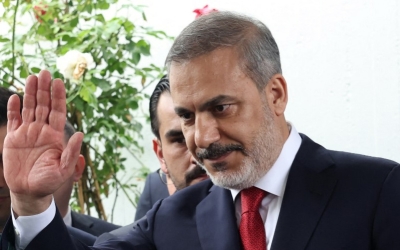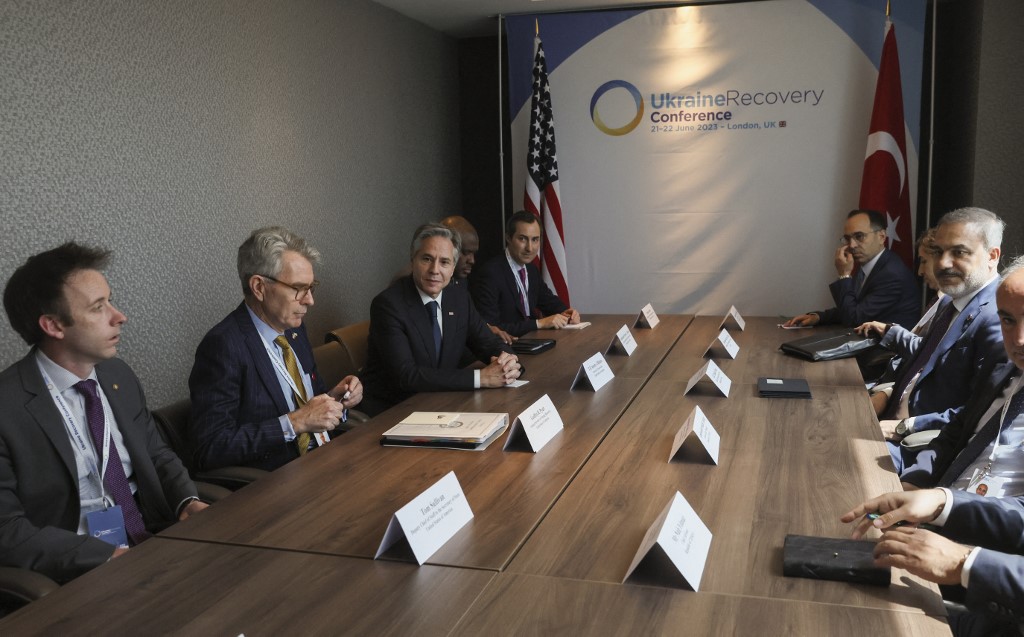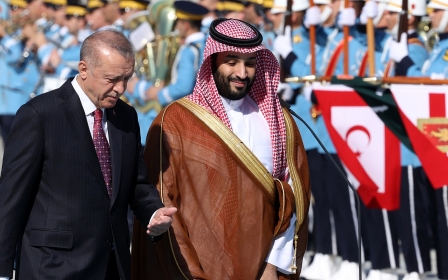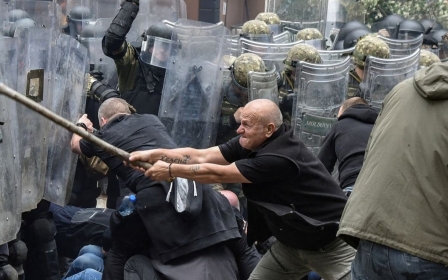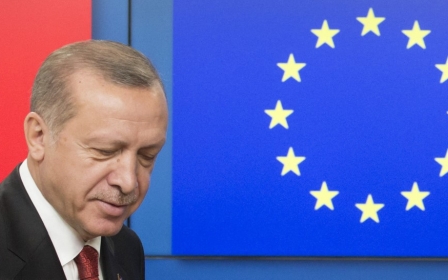Why the EU must invite Turkey's foreign minister to the Gymnich meeting
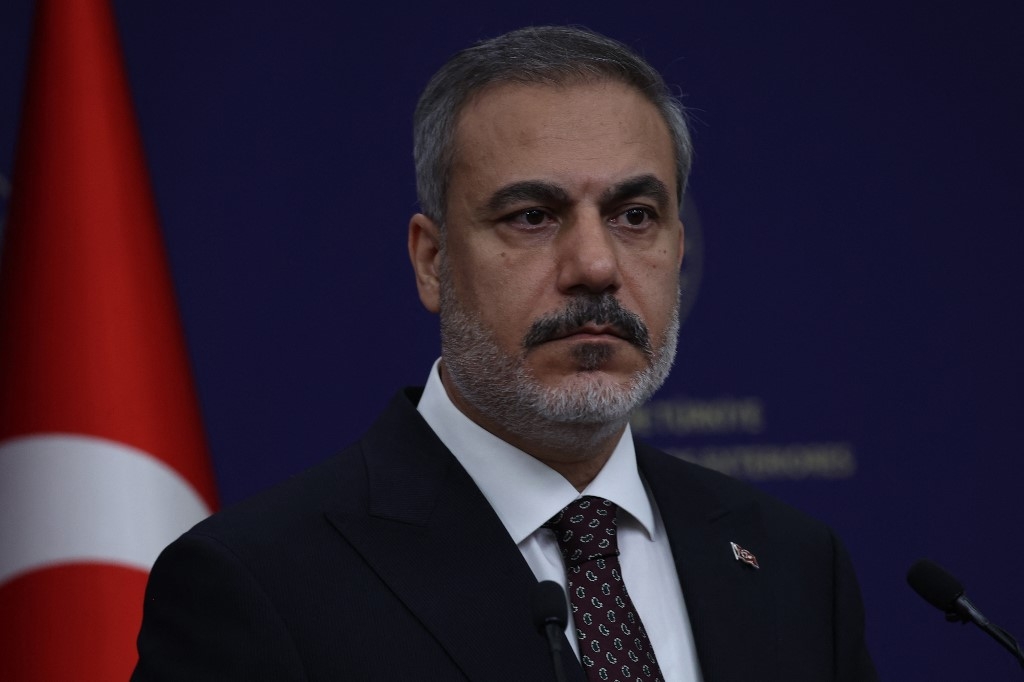
In two weeks' time, the foreign affairs ministers of EU countries will convene in the Spanish town of Toledo to hold their second Gymnich meeting of this year.
The Gymnich meetings are organised by the member state which holds the EU’s rotating presidency. The informal setting of these meetings creates a perfect environment to hold frank and open discussions on geopolitical developments and the EU’s strategic foreign policy priorities and common approaches.
Depending on the topics being discussed, an invitation to these meetings is often extended to foreign affairs ministers of non-EU countries. The last time a Turkish minister of foreign affairs was invited to a Gymnich meeting was during the Romanian EU presidency in the first half of 2019.
Due to the deteriorating relationship between Ankara and Brussels, no invitation to attend a Gymnich has been extended to Ankara since then.
Since the Russian invasion of Ukraine, the geopolitical landscape has changed drastically, forcing the EU to a quicker-than-anticipated policy reset on different issues, such as energy and defence and security. To some extent, this has been the result of a lack of strategic foresight and long-term vision, which has left the EU’s common foreign and security policy (CFSP) stumbling in the geopolitical arena.
New MEE newsletter: Jerusalem Dispatch
Sign up to get the latest insights and analysis on Israel-Palestine, alongside Turkey Unpacked and other MEE newsletters
The EU’s current institutional framework allows individual member states to prioritise their own perceived national interests rather than the joint strategic interests of the EU when it concerns CFSP issues. As a result, the domestic politics of individual member states frequently come into play when important CFSP topics are discussed and decided upon.
It also leads to situations in which some member states feel comfortable enough to block discussions with key strategic partners on crucial developments and files. High-level informal meetings with such partners are even sometimes categorised in terms of "reward and penalty". An incomprehensible, irresponsible and, some might even say, childish approach.
The Fidan factor
It is difficult to explain for example why, in the current conjuncture, EU foreign ministers would not want to hold an informal exchange of views with the foreign minister of a country which plays a unique and critical role in the Black Sea Grain Initiative.
Such an approach exemplifies the EU’s myopic view in its attempts to shape and establish its CFSP, allowing it to be held hostage by perceived national interests and domestic politics.
Regardless of the domestic political view on Turkey in some EU member states, Ankara’s unique ability to mediate in different regional conflicts and its geopolitical stage-setting capabilities cannot be denied. Turkey is a key strategic partner of the EU and Ankara’s role as an important geopolitical player is gradually but surely increasing.
With the newly appointed Hakan Fidan at the helm of Turkey’s foreign ministry, this role will be further enhanced and expanded.
In contrast to his predecessor, the softly spoken and eloquent Fidan is not only an intellectual, but as Turkey’s former spymaster and confidante of President Recep Tayyip Erdogan he is also in a position to effectively instrumentalise all of Turkey’s foreign policy tools, and proactively define and consolidate Ankara’s place in a new, multipolar world.
During his opening speech at Turkey’s XIV Ambassadors Conference, Fidan outlined Ankara’s centenary foreign policy priorities along four pillars: establishing regional peace and security; creating a structural foundation for Ankara’s diplomatic relations; advancing the state of welfare; and advancing Ankara’s global objectives.
Fidan specifically also underlined the need and will to re-engage and reinvigorate EU-Turkey relations and said that it would amount to “strategic blindness” if Ankara was kept out of discussions on the future of the EU.
He added that the EU could not become a true global actor without Turkey.
One could argue that this is an overstatement. However, whether it concerns Russia-Ukraine, energy security, Central Asia, controlling irregular migration, Azeri-Armenian relations, Libya and Syria, and even the current developments in the Sahel, the examples are numerous and various, and have one thing in common - Ankara either already plays a crucial role, or is able to do so.
Compelled to invite
The prospect of extending an invitation to Fidan for the Gymnich in Toledo was discussed last month during a meeting between the EU’s top foreign policy chief, Josep Borrell, and Fidan at the Association of Southeast Asian Nations (ASEAN).
However, at the EU’s Foreign Affairs Council meeting held a week later, Borrell was unable to convince the EU foreign ministers to invite Fidan to the Gymnich.
Borrell’s answer in Spanish to the only question being asked after his press remarks gave an indication of which member states were reluctant to invite Fidan.
During his first public meeting with US Secretary of State Antony Blinken, Fidan said that although Ankara and Washington “may not see eye to eye on every issue, [both are] compel[led] to continue to work together”.
Because in the end, acknowledging strategic differences yet simultaneously understanding the necessity to remain engaged with each other and keep exchanging views on important topics at the highest level is the way to move forward.
And regardless of the way and the format in which the relationship between Ankara and Brussels evolves, the EU and Turkey are even more "compelled to continue to work with each other".
It is still not too late to send an invitation.
The views expressed in this article belong to the author and do not necessarily reflect the editorial policy of Middle East Eye.
Middle East Eye delivers independent and unrivalled coverage and analysis of the Middle East, North Africa and beyond. To learn more about republishing this content and the associated fees, please fill out this form. More about MEE can be found here.


